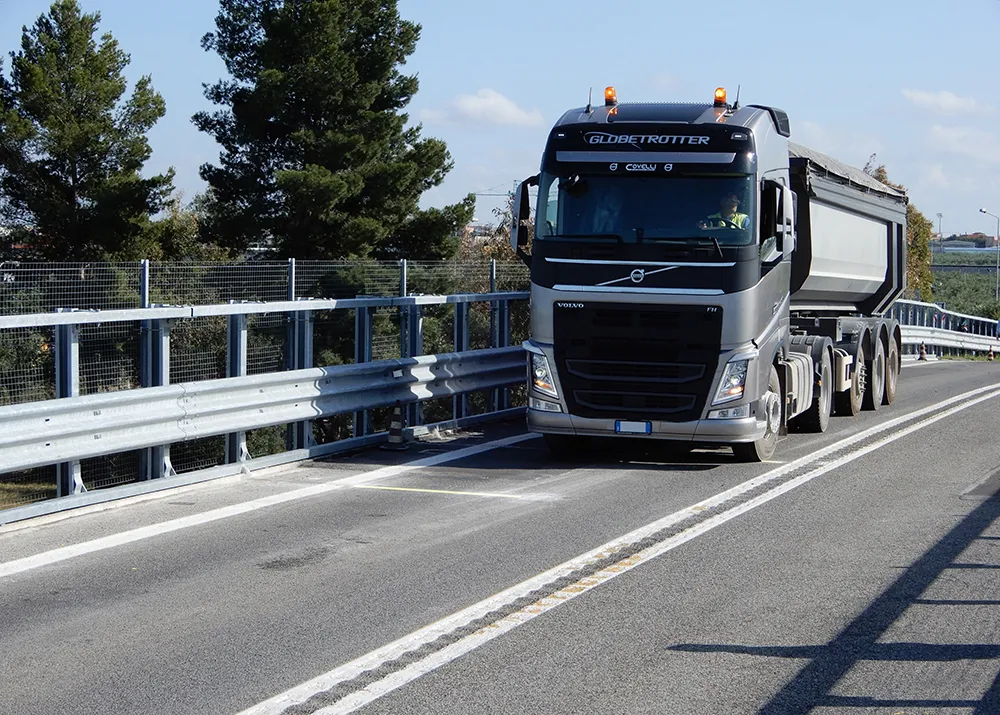The development of effective, evidence-based road safety policies is at the heart of an initiative unveiled by the International Transport Forum at the OECD, the World Bank, the Ministries of Interior of Spain and Argentina, and the Ministry of Health of Mexico in Bogotá, Colombia. A memorandum of understanding to establish a new database covering road safety data for the 20 countries participating in the Ibero-American Road Safety Observatory (OISEVI) was signed during the 3rd Ibero-American Road Safety Co
June 20, 2012
Read time: 2 mins
The development of effective, evidence-based road safety policies is at the heart of an initiative unveiled by the 998 International Transport Forum at the OECD, the 2000 World Bank, the Ministries of Interior of Spain and Argentina, and the Ministry of Health of Mexico in Bogotá, Colombia.
A memorandum of understanding to establish a new database covering road safety data for the 20 countries participating in the Ibero-American Road Safety Observatory (OISEVI) was signed during the 3rd Ibero-American Road Safety Congress (CISEV).
The database, to be known as Irtad-LAC (for Latin America and the Caribbean) will be an extension of the International Transport Forum’s well-known Irtad database. It will be developed for the region with the support of the World Bank’s Global Road Safety Facility, with data being provided by the road safety agencies of South and Central America and the Caribbean.
The database will make indicators for monitoring and comparing progress in reducing traffic-related deaths and serious injuries from this region publicly available. The project will facilitate co-operation between the participating countries and serve as an important step to progressively improve the collection and analysis of data in the region. IRTAD-LAC is part of the region’s contribution to meet the targets of the UN Decade of Action for Road Safety declared by the United Nations in May 2011.
A memorandum of understanding to establish a new database covering road safety data for the 20 countries participating in the Ibero-American Road Safety Observatory (OISEVI) was signed during the 3rd Ibero-American Road Safety Congress (CISEV).
The database, to be known as Irtad-LAC (for Latin America and the Caribbean) will be an extension of the International Transport Forum’s well-known Irtad database. It will be developed for the region with the support of the World Bank’s Global Road Safety Facility, with data being provided by the road safety agencies of South and Central America and the Caribbean.
The database will make indicators for monitoring and comparing progress in reducing traffic-related deaths and serious injuries from this region publicly available. The project will facilitate co-operation between the participating countries and serve as an important step to progressively improve the collection and analysis of data in the region. IRTAD-LAC is part of the region’s contribution to meet the targets of the UN Decade of Action for Road Safety declared by the United Nations in May 2011.










